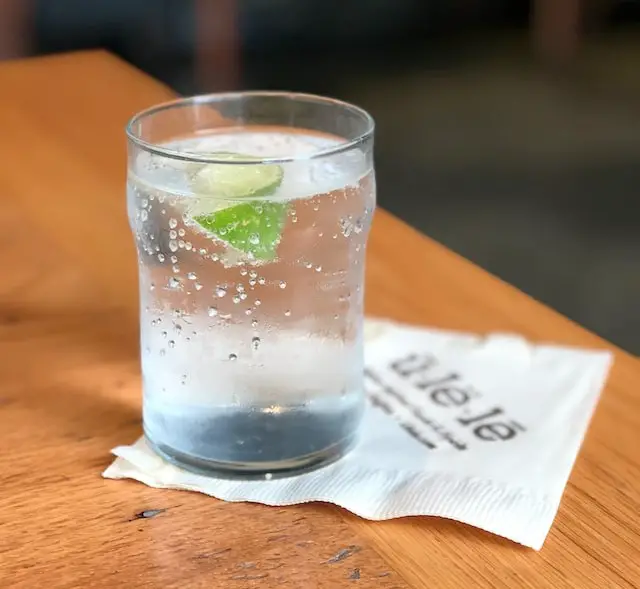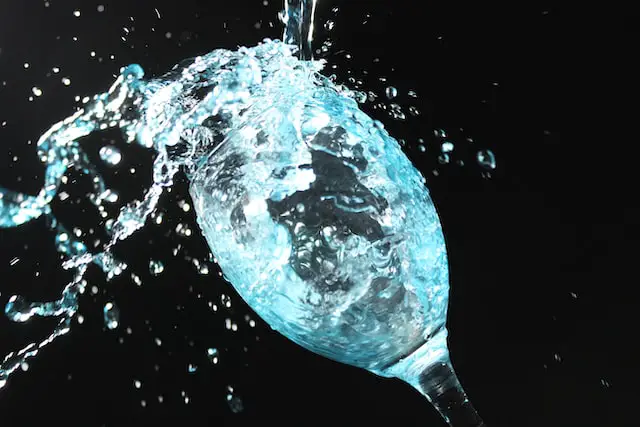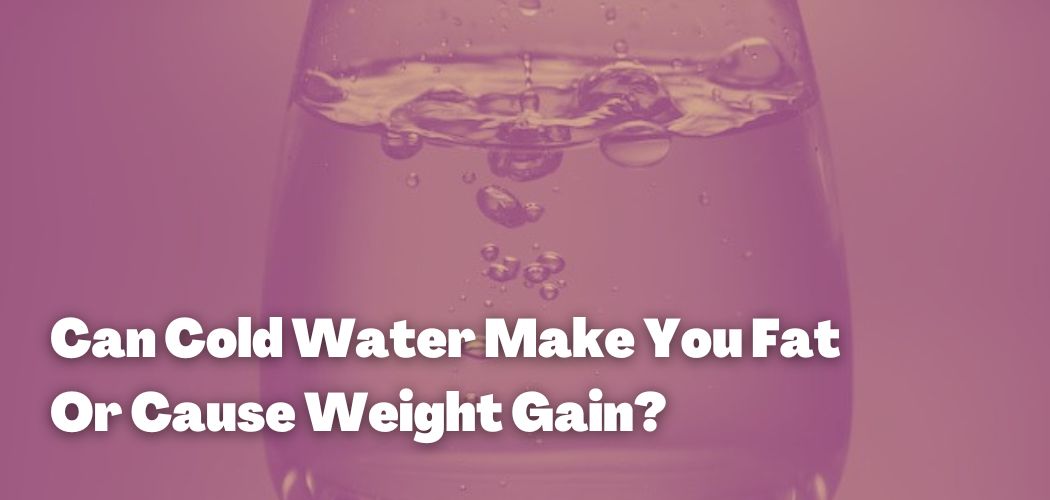Avoid drinking cold water because it will cause you to gain weight. How frequently have you come across this claim? Numerous times, we bet!
To your complete surprise, consuming cold water regularly can actually aid in weight loss.
This startling discovery was made by an expert nutritionist. In actuality, water is a miraculous calorie-free liquid.
Drinking water, whether it be cold or at room temperature, cannot result in weight gain.
Over 70% of the body’s weight is made up of water.
The movement of oxygen and nutrients to organs and cells is aided by water, which is a vital component of our bodies and is sometimes referred to as the key to a longer life.
Furthermore, it aids in the regulation of body temperature, the moisturization of skin, digestion, and the removal of toxins.
Going several days without drinking any liquids can be fatal.
Exercise in a warm environment. Activities that need a lot of movement, and direct sunlight all cause sweating.
After that, drinking a full glass of cold water feels incredibly revitalizing. As you ought to replenish the fluid lost through sweating.
The recommendation to “drink 8 glasses of water every day” must be followed because it boosts metabolism and prevents dehydration.

Some people, however, may be concerned that drinking cold water could result in weight gain.
Do not be concerned; this was proven to be a myth.
According to the Journal of Metabolism and Clinical Endocrinology, consuming ice-cold water can actually aid in weight loss.
Cold water speeds up the body’s metabolism.
Cold water causes the body to burn fat and carbohydrates for energy, which in turn generates heat and maintains a stable internal body temperature.
A large amount of water should be consumed each day to help replenish the water lost through urination and sweat.
So don’t you worry about adding more ice to a glass of water.
Be aware that this won’t help you lose weight as broadly as a balanced diet and consistent exercise will.
Relying on external and internal factors, each person may experience cold water differently.
Internal variables might have to do with how the body reacts to something that is cold.
The weather and activities are examples of external factors.
Just keep in mind that this approach only works when consuming ice-cold water. Iced coffee, tea, and Coke do not qualify.
Contents
Does drinking cold water make you gain weight?
Experts claim that no amount of water, whether it is ice-cold or at room temperature, can cause you to gain weight.
To warm this water to 98 degrees Fahrenheit—the temperature of the human body—your body must expend some calories.
Thus, in order to warm the water and bring it to body temperature, it actually speeds up its metabolism, according to a renowned nutritionist.
So, enjoy water, hot, cold or warm, however you like. You should, however, make an effort to get enough water each day.

It is the only thing that can help you stay hydrated and avoid dehydration’s negative effects, which include dizziness, sleepiness, headache, decreased urination, less elastic skin, low blood pressure and dry mouth.
Additionally, the best method for losing weight is to drink enough water, regardless of the temperature.
Due to the fact that feeling thirsty is frequently mistaken for hunger, it can also help prevent overeating and mid-meal craving pangs.
Dangers of drinking cold water?
On a hot summer day in particular, drinking a glass of cold water does feel good.
Can something be had in excess if it’s good for you, like drinking water? Yes, drinking too much cold water can be dangerous in some cases.
Water plays many crucial roles in your body, including normalizing your heartbeat and blood pressure as well as cushioning your joints, according to one of the well-known Health Publishing.
Even mild dehydration can prevent fat oxidation, which is required for weight loss, according to the researchers in the Journal of Clinical and Diagnostic Research study.
The consumption of cold water poses no known, proven risks.
Regardless of the water’s temperature, if you drink excessive amounts of water to lose weight quickly,
You run the risk of becoming dehydrated to the point where you develop hyponatremia, or low blood sodium.

The effects of drinking cold water on your body can be unexpected or undesirable. Earlier and modest research from 1978,
In a study with 15 participants, researchers discovered that drinking cold water thickened and made it more challenging for nasal mucous to pass through the respiratory tract.
In contrast, the researchers discovered that hot water and chicken soup allowed people to breathe more easily.
Drinking a glass of cold water could worsen your congestion if you’re trying to recover from the flu or a cold.
Contraction of blood vessels
It is challenging to absorb nutrients when drinking cold water or other cold beverages because they solidify bloodstream fat.
Do not drink cold water while eating
Due to the additional work our bodies must do to regulate the water’s temperature, consuming cold water can impede digestion while eating.
Pain in throat
Due to the fact that our bodies occasionally produce too much mucus when exposed to cold water, cold water can also cause throat pain.
Bottom-Line
This well-known health source advises following a general recommendation of drinking 4 to 6 cups (32 to 48 ounces) of water per day. Or more if you’re working out or spending time outside in the heat.
Some people might choose to not drink cold water.
It’s probably not a good idea to consume cold water while you’re sick with the flu, or if you have any underlying health issues that make digestion more difficult.
What advantages does consuming cold water provide? It turns out that they are the same advantages of consuming typical room-temperature water: staying hydrated and feeling rejuvenated.
However, if you suffer from a condition like thyroid disease or have issues with your kidneys, liver, or heart,
If you take drugs that make you retain water, you might need less water.
In cases where you’re unsure, it’s best to consult a physician about how much water you should be consuming.

